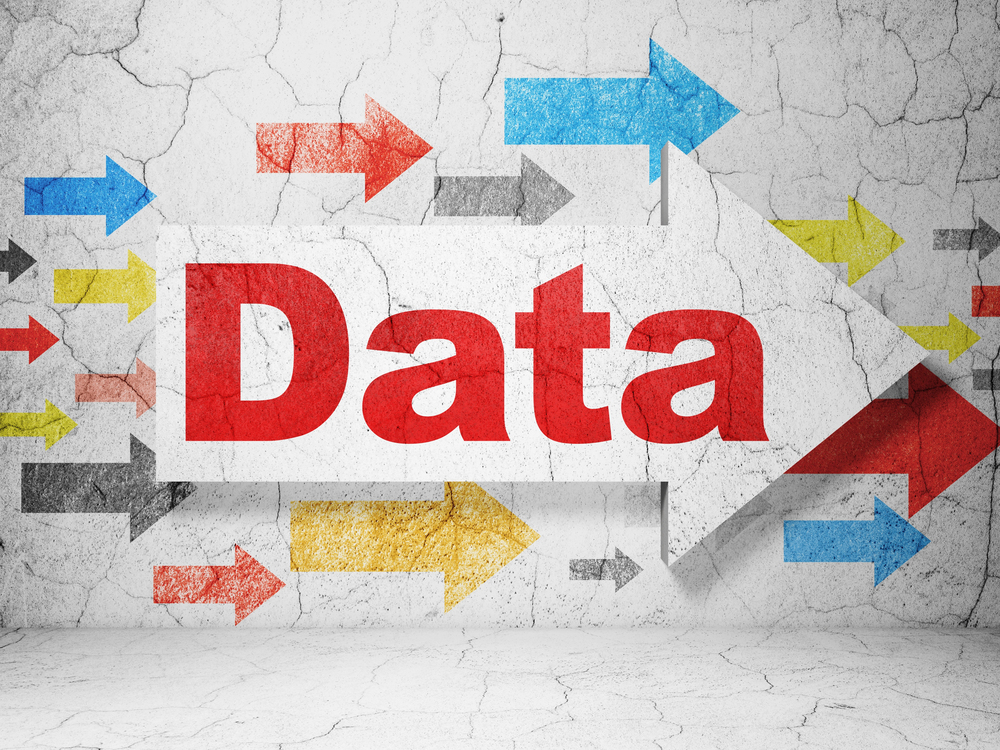Why clean data still underpins effective marketing and business growth
26 Jun 2025

Marketing technology has evolved at breakneck speed. From AI-driven personalisation to automated multi-channel campaigns, marketers now have powerful tools at their fingertips to drive customer engagement and measurable results.
Automation platforms can trigger highly tailored journeys based on customer behaviour. AI can analyse buying patterns and predict future needs. Machine learning algorithms can dynamically adjust content to increase relevance and conversion rates.
But none of these capabilities can reach their full potential without a clean, accurate database at the core.
Clean data is the fuel that powers modern marketing engines
Without regular data cleansing, even the most advanced martech stack will underperform. No matter how advanced your AI or automation is, your campaign won’t succeed if emails are bouncing, segments are outdated, or customer profiles are incomplete.
Technology amplifies what’s already there — good or bad. If your data is accurate, technology helps you scale faster, reach further, and personalise more effectively. But if your data is poor, automation exacerbates poor targeting, amplifies irrelevant messaging, and wastes budget at scale.
Why data cleansing still matters in a technology-led environment
Automation and AI tools are only as good as the information they rely on.
Automated customer journeys are designed to nurture leads over time — offering personalised content based on data such as job role, industry, or purchase history. If that information is inaccurate or outdated, your carefully crafted journeys quickly become irrelevant and may even alienate valuable prospects.
Similarly, AI-powered tools that create dynamic, personalised content require rich, reliable data sets to make accurate recommendations. Without clean data, these tools risk delivering generic or misaligned messaging — eroding rather than building customer trust.
Data cleansing is often overlooked as an outdated or low-priority task — but in reality, it’s the key to maximising the value of your martech investment.
The benefits of regular database cleansing
Expand campaigns and scale faster
Clean data makes it easier to confidently scale your marketing programmes. Whether you’re expanding into new geographies, onboarding new customer segments, or launching new products — a well-maintained database gives you a solid foundation.
Automation allows you to build complex campaigns across multiple touchpoints — but it only works if your contact records are on profile, your segmentation accurate, and your opt-in data up to date. Clean data unlocks this potential.
Personalise at scale with confidence
AI-driven messaging tools are incredibly powerful — enabling you to deliver highly tailored content to thousands of customers in real-time. But effective personalisation relies on accurate data.
If a customer receives an email addressed to the wrong name, referencing an outdated purchase, or promoting a product they already own — the experience falls flat. Data cleansing ensures your personalisation efforts feel seamless and valuable, not clumsy or invasive.
Reduce wasted effort — and protect your budget
Marketing teams invest significant time and money creating content, building campaigns, and developing customer journeys. Dirty data can undermine this investment.
Email campaigns that bounce, SMS messages that go undelivered, or paid ads served to the wrong audience — all represent wasted spend. Regular cleansing removes duplicates, inactive contacts, and inaccurate records — ensuring your marketing budget is spent reaching the right people with relevant content.
Improve sales alignment and customer experience
Sales teams depend on accurate customer data for lead management, account planning, and effective outreach. Clean data supports smoother handovers between marketing and sales, more informed conversations, and ultimately, higher conversion rates.
A well-maintained CRM ensures that sales reps aren’t wasting time chasing dead leads or calling outdated numbers so they can focus on genuine opportunities.
Stay compliant — and build trust
Data privacy regulations like GDPR have raised the stakes for responsible data management. Regular data cleansing not only improves marketing effectiveness — it demonstrates your commitment to maintaining and protecting customer information.
By maintaining accurate, up-to-date records, businesses can reduce the risk of non-compliance, avoid reputational damage, and build long-term trust with customers.
Clean data: The foundation for growth in a digital-first world
Technology will continue to evolve — bringing new opportunities for automation, personalisation, and customer engagement. But the success of these tools will always rest on one essential factor: the quality of your data.
Investing in data cleansing isn’t just about maintaining your database — it’s about unlocking the full potential of your marketing technology, delivering better customer experiences, and driving sustainable business growth.
In an increasingly digital and data-driven world, clean data isn’t just a nice-to-have — it’s one of your most valuable business assets.





Please login to comment.
Comments